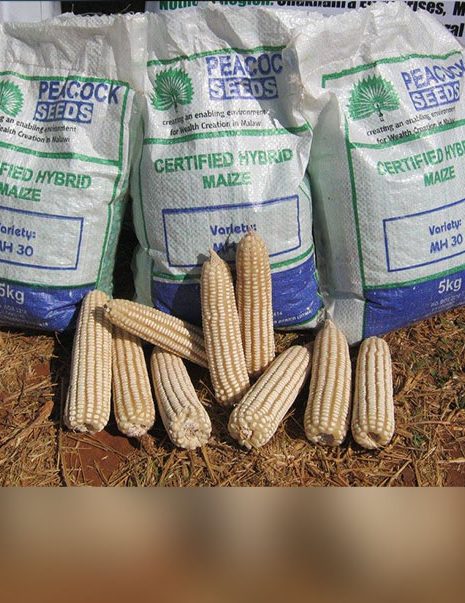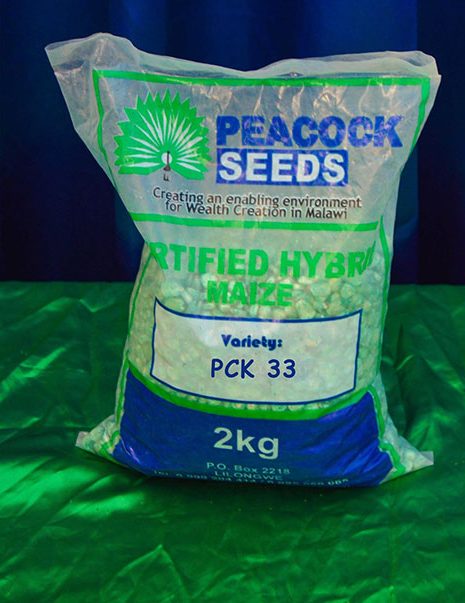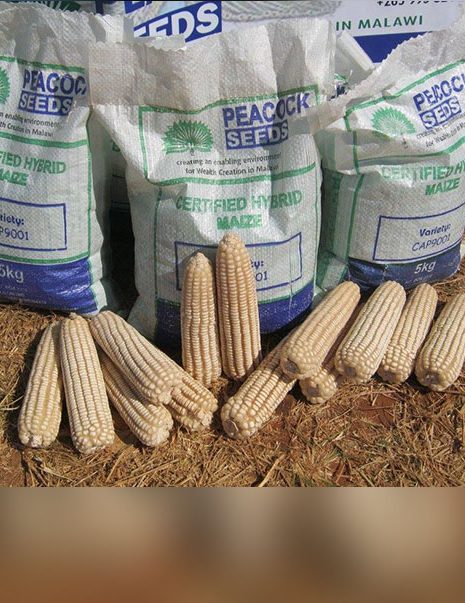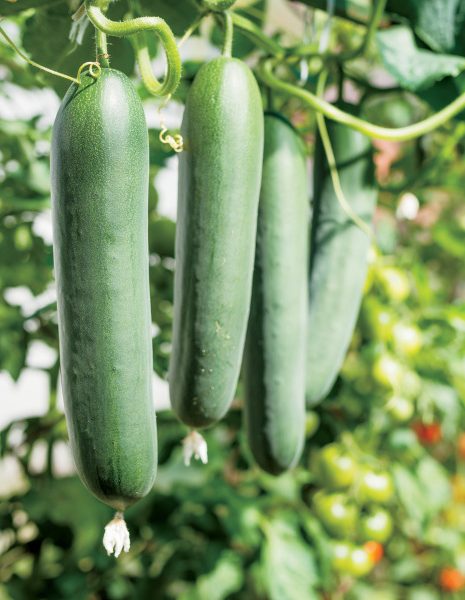Hybrid maize farming is a popular agricultural practice in Malawi, where farmers are looking to maximize their yields and produce high quality hybrid maize. Hybrid maize is a type of maize that has been bred to combine the best traits of two or more varieties of maize, resulting in a crop with higher yields and better disease resistance. Hybrid maize is also more tolerant to environmental stresses such as drought and heat.

When it comes to growing hybrid maize, there are several best practices that should be followed. First, farmers should select the right variety of hybrid seed for their climate and soil conditions. Different varieties of hybrid maize have different requirements for temperature, altitude, and soil type. Peacock seeds have a couple of different varieties to choose from. Additionally, farmers should ensure that they are planting the seeds at the right time of year and in the right amount of soil moisture. Proper fertilization and irrigation are also important for successful hybrid maize farming.
Advantages of Peacock PCK-10 – DTMA Variety
- Medium maturity maize hybrid (110-120 days)
- Has a yield potential of up to 12 tonnes per hectare (240 * 50 kg bags per hectare OR 96 * 50 kg bags per acre)
- High drought tolerance (DMTA series – has longer perseverance to water stress, and does even better under irrigation)
- High resistance to diseases i.e. Gray Leaf Spot(GLS) and Maize Streak Virus(MSV)
- Has semi-flint grain structure
- Has excellent grain poundability (chokonoka)
- Strong vigor and has twin cobing (chobeleka chiwirichiwiri)
- Is adaptable to various altitudes (ranging from low to high altitudes)
Requirements/Production recommendations:
- Seed rate of up to 20-25 kg per hectare (10 kg per acre)
- 200 kg NPK fertilizer per hectare
- 200 kg UREA fertilizer per hectare
- Field should be clean of weeds at all times
- Observe good plant population
In addition to selecting the right variety of hybrid seed, farmers should also be aware of potential diseases that can affect their crop. Common diseases affecting hybrid maize include leaf rust, stalk rot, and ear rot. To prevent these diseases from occurring, farmers should practice crop rotation and use appropriate fungicides when necessary.
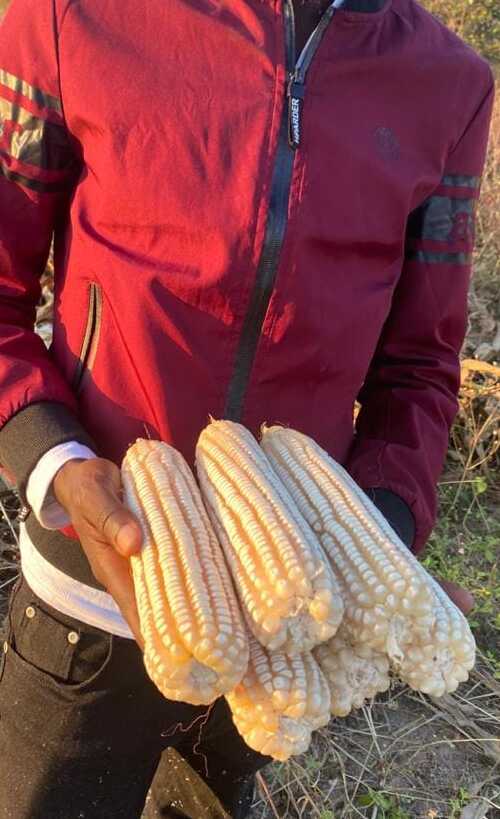
The benefits of high quality hybrid maize to both farmers and consumers are numerous. For farmers, hybrid maize offers higher yields than traditional varieties due to its improved disease resistance and tolerance to environmental stresses. Additionally, hybrid maize requires less labor input than traditional varieties since it is easier to cultivate and harvest. For consumers, high quality hybrid maize provides a nutritious food source with improved flavor compared to traditional varieties.
Overall, hybrid maize farming is an important agricultural practice in Malawi that can help farmers maximize their yields while producing high quality crops for consumers. By following best practices such as selecting the right variety of seed for their climate and soil conditions as well as preventing potential diseases through crop rotation and fungicide use, farmers can ensure successful harvests of high quality hybrid maize each season.
Contact us today to place your order of Peacock hybrid maize seed.

